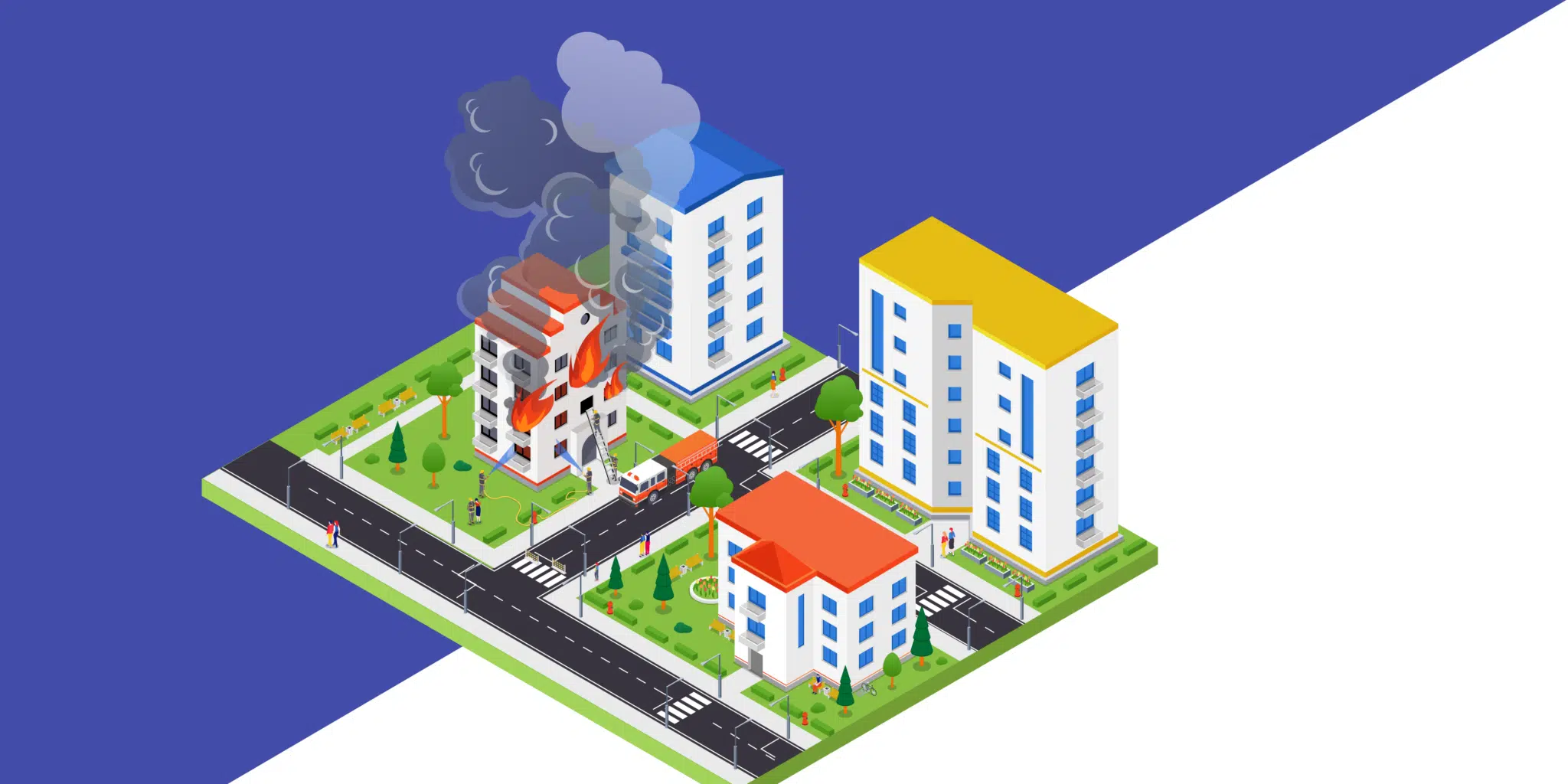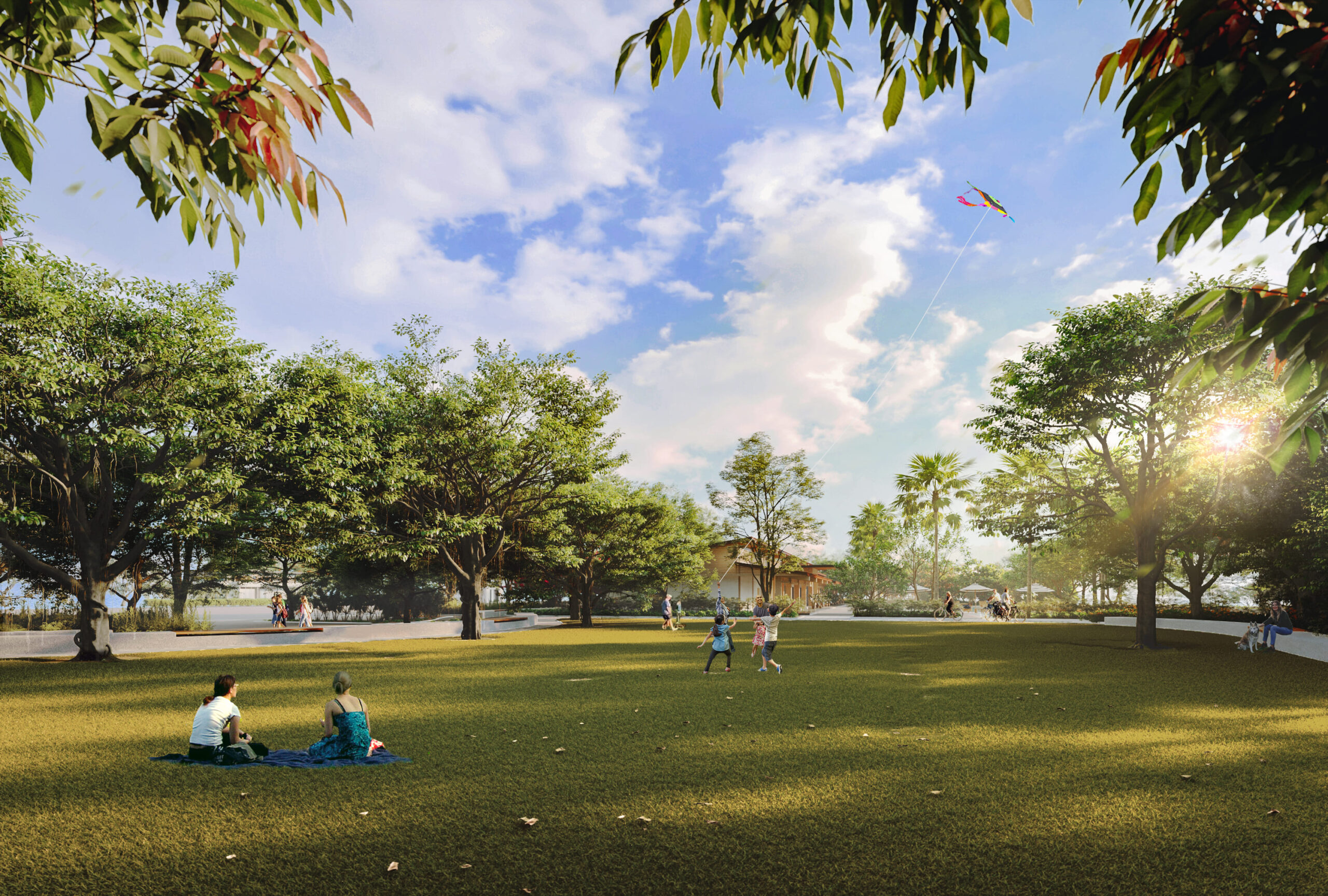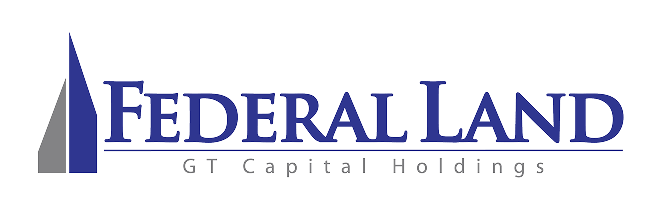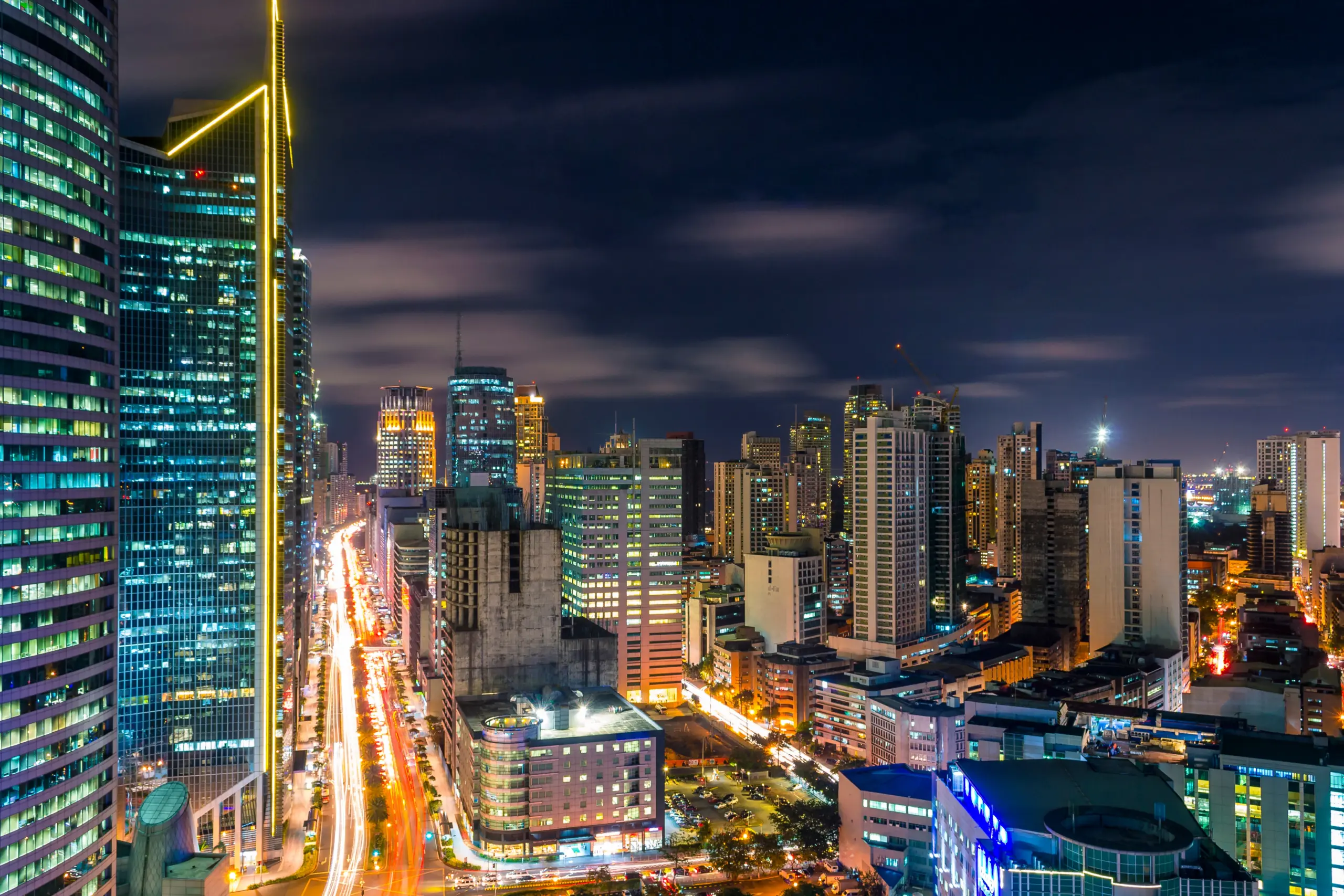The Fire Code of the Philippines: What Condo Residents Should Know


Did you know nearly 11,000 fire incidents happened in the first half of 2024? That’s a massive jump from 8,182 in the same period in 2023—and a clear reminder of why fire safety matters. Fires can happen anywhere, and they’re especially risky in urban areas where many people live close together.
Thankfully, the Fire Code of the Philippines sets rules for keeping homes, condos, and other buildings safe from fires. Understanding its key points can help protect your property, loved ones, and community better.
Here’s a guide about the basics of the Fire Code and what you, as a resident, can do to stay safe.

What is the Fire Code of the Philippines?
The Fire Code of the Philippines (Republic Act No. 9514) is a law administered and enforced by the Bureau of Fire Protection (BFP) that sets fire safety standards across residential, commercial, and industrial spaces. It aims to:
- Prevent and suppress all destructive fires to promote public safety
- Ensure proper fire investigation to determine the causes of fires and prevent future incidents
- Professionalize fire services and train and equip fire safety personnel and agencies
- Penalize violations of fire safety rules and regulations to enforce compliance
The Fire Code is essential for all buildings, especially high-rise condominiums. It mandates the installation of fire prevention systems like alarms, extinguishers, and emergency exits. It also requires effective fire suppression systems and designates authorities to promptly investigate incidents.
Adhering to these regulations helps create and maintain safer living environments while reducing the risk of fire-related harm and loss.
Key Fire Code Regulations That Condo Residents Should Know
RA 9514 sets several necessary regulations to ensure the safety of residential areas, including condos. Here are some key rules you should know.
Structural safety requirements
The Fire Code requires condo buildings to use fire-resistant floors and walls extending to the next floor’s slab or roof. It also mandates constructing with fire-containing or stopping components to confine fires at their source and prevent them from spreading.
Likewise, it requires developers to divide condos into compartments using fire-resistant barriers—such as curtain boards—to prevent fires from spreading.
Additionally, condos must have multiple fire exits with clear markings and adequate lighting, which lead to safe areas. The goal is for you and other residents to have a quick and safe evacuation in case of a fire emergency.
Installation of fire safety equipment
The law requires developers to install fire alarms, smoke detectors, and automatic sprinkler systems in condos to detect and control fires early. They must also place portable fire extinguishers on every floor to help you quickly address small fires.
Accessibility and maintenance of fire escapes
Condos must mark fire escapes so you and other residents can find them quickly during an emergency. They must also have emergency lights to illuminate exit routes if the power goes out. Property managers need to check and maintain these systems regularly to keep them working at all times.
Emergency preparedness measures
According to Section 7 of the Fire Code, condos must have clear fire escape plans posted on each floor. They should show the routes from each room to the nearest exits and be posted on doors to guide you during a fire.
Condos should also hold evacuation drills at least twice a year to train everyone about the process and evacuate quickly and safely. Additionally, they must designate assembly areas outside the building where you and other residents can gather after evacuating to make accounting for everyone easier.
Electrical safety standards
The law’s implementing rules and regulations (IRR) state that all electrical installations must comply with the Philippine Electrical Code (PEC), which outlines standards for safe wiring practices. Proper wiring means using the right materials and methods to avoid electrical dangers that may cause fires.
Condos must also have circuit breakers to shut off power in case of overload. Additionally, the code prohibits overloading outlets with too many devices, as this increases the risk of overheating and electrical fires.
Permits and inspections
The BFP oversees fire safety compliance. It requires condo developers to secure a Fire Safety Inspection Certificate (FSIC) before obtaining occupancy or business permits. The FSIC ensures that buildings meet safety standards outlined in the Fire Code.
Additionally, the BFP inspects buildings and structures at least once a year to identify and address hazardous conditions. Inspections also occur whenever developers renew their business or operating permits.
Inspectors check for compliance with fire safety measures, such as adequately maintained fire equipment, accessible exits, and safe operations. This ongoing evaluation helps ensure everyone’s safety and prevent fire hazards.
Prohibited activities
The Fire Code prohibits certain activities that can compromise safety and hinder fire prevention efforts. These acts include tampering with fire equipment—such as fire alarms, extinguishers, or sprinklers—and obstructing fire exits or blocking fire lanes. Attempting to destroy or remove fire safety marks, seals, or tags is also illegal.
Additionally, storing hazardous materials improperly—such as flammable substances in unsafe locations—is against the law. These practices put everyone at risk and undermine the effectiveness of fire safety measures.
Responsibilities of Condo Residents in Fire Prevention
The Fire Code sets the rules, but what you do as a condo resident also plays a significant role in preventing fires and keeping everyone safe. Here are some of your responsibilities.
Reporting safety concerns
If you notice any faulty fire safety equipment, such as a broken fire alarm or malfunctioning sprinkler system, you must immediately report it to the building management.
Similarly, if you spot any obstructions blocking fire exits or escape routes, notify the management team so they can address the issue. Reporting any problems as soon as possible helps ensure that all safety measures remain functional and accessible during an emergency.
Adhering to rules
As a resident, you are responsible for following the rules because you are accountable for what happens in your unit and the building. For example, never block fire exits or stairwells with your things; it can prevent people from escaping quickly.
Also, tampering with fire alarms, extinguishers, or sprinklers is strictly prohibited. These devices aim to protect everyone, and interfering with them can have serious consequences.
Safe practices
Practicing safe habits in your daily life can go a long way in preventing fires. Use electrical appliances responsibly, avoid overloading outlets, and always turn off appliances when not in use.
You should also properly dispose of flammable waste—such as used papers or chemicals—based on condo guidelines. Avoid smoking in designated areas or near anything that can catch fire.
Since fire hazards can start in your kitchen, you must keep flammable items like towels and curtains away from the stove. If there’s a grease fire, never use water—instead, cover the pan with a lid or use a fire blanket. These simple actions can help prevent fires in your condo.
How Federal Land Condominiums Implement Fire Safety
Fortunately, Federal Land condos have strong fire safety features to protect residents during emergencies. These include:
Fire detection and alarm systems (FDAS)
A comprehensive fire detection and alarm system can quickly detect smoke or fire and alert residents. This system notifies everyone immediately, allowing a fast response to evacuate or take necessary precautions.
Automatic fire suppression systems (AFSS)
Automatic sprinkler systems that activate when a fire is detected minimize fire damage. They help control or extinguish fires before they spread, providing additional protection.
Well-lit fire exits
Clear and well-lit fire exits let you evacuate safely. These exits are easily accessible, with emergency lighting guiding the way in case of power failure.
Pressurized fire escape stairs
This feature helps keep smoke out of the escape routes during a fire. It’s safer and easier to evacuate without exposure to harmful smoke.
Emergency power generators
Emergency power generators ensure that essential safety systems remain operational during power outages. They keep fire alarms, lighting, and emergency systems running until power returns.
Water harvesting systems
These systems store and use rainwater to put out fires. They’re essential in high-rise buildings, serving as a valuable backup in emergencies.
Fire Safety Starts with Smart Choices
Understanding fire safety is essential, especially if you live in a condo. The Philippines’ Fire Code ensures buildings keep people safe, but picking a well-built home matters too.
At Federal Land, safety and quality go hand in hand. Our ready-for-occupancy (RFO) and pre-selling condos in prime areas across the Philippines have top-notch fire safety features.
For instance, Mi Casa, a condominium in Pasay City, has an FDAS and AFSS for fire response. It also offers 100% backup power for common areas and essential loads in residential units. Its other security features include CCTV cameras, keycard elevator access, and a dedicated security office for a safe living environment.

Melecio Martin G. Arranz IV
Digital Marketing Head
Martin is an experienced marketer with over 16 years of experience across various industries including real estate, banking and finance, technology, and advertising.
Martin has a broad range of expertise in having handled campaigns, brand launches, activations both in the traditional and digital space. Currently serving as the Digital Marketing Head at Federal Land, Martin leads a team focused on managing digital sales and platforms for the residential, estates and commercial business units.
linkedinINQUIRE NOW
Let us know what you are looking for. Get updated portfolio delivered straight to your inbox.







